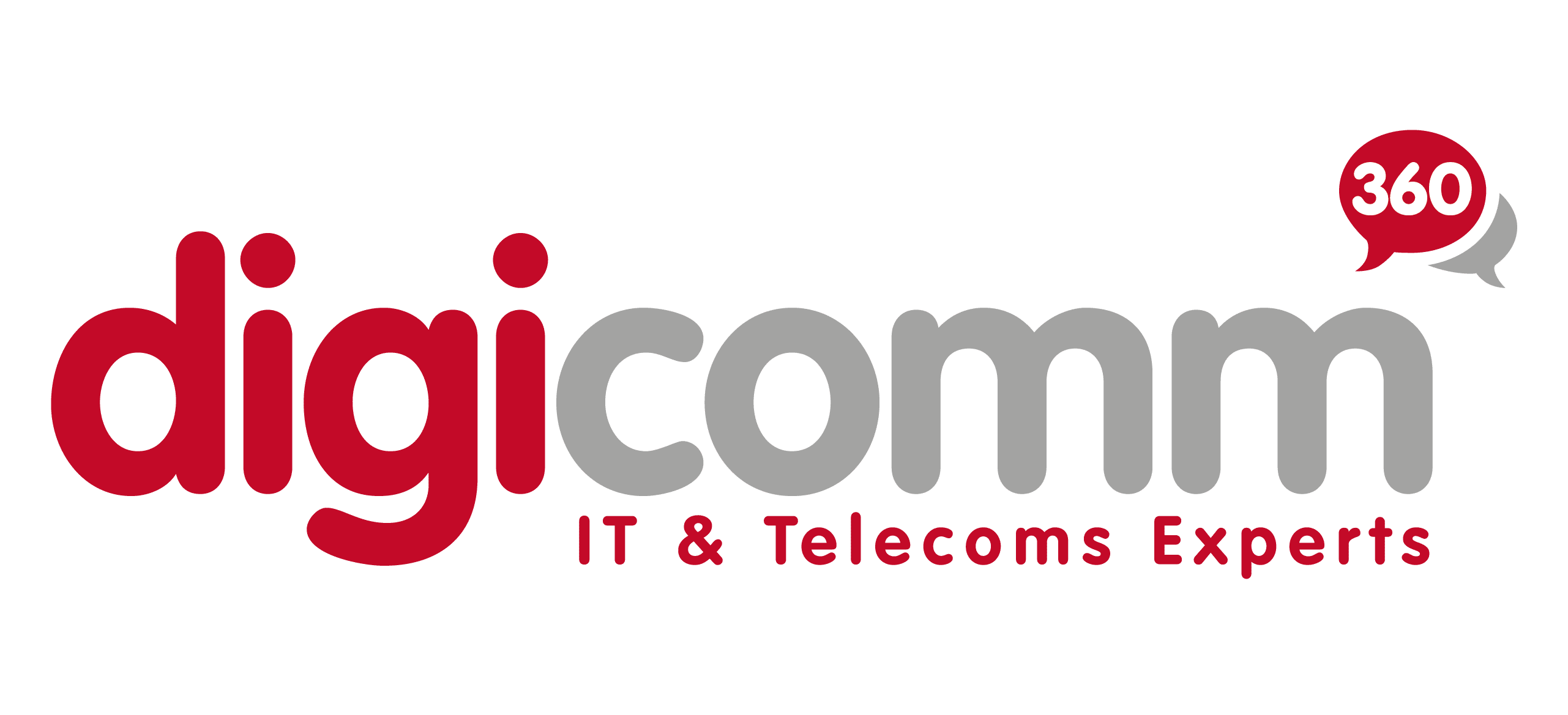In this blog, we’ll share some essential cyber security best practices to help your business protect against cyber threats.
Develop a Comprehensive Cybersecurity Plan
The first step in protecting your business from cyber threats is to develop a comprehensive cyber security best practices plan. This plan should outline the various security measures you’ll implement, including firewalls, antivirus software, and employee training. It should also detail the steps you’ll take if a cyber attack occurs, such as who to contact and how to isolate the affected system. This first and most important step is where we come in… Let us cover your Cyber Security needs and have peace of mind right now.
Use Strong Passwords and Multi-Factor Authentication
One of the most basic but crucial steps in securing your business is to use strong passwords and multi-factor authentication. Strong passwords should be at least 12 characters long and include a mix of uppercase and lowercase letters, numbers, and special characters. Multi-factor authentication adds an extra layer of security by requiring users to enter a code or use a biometric factor such as a fingerprint or face scan in addition to their password. Our Password Protection service provides you with just one password to remember but the security to pass all the cyber tests. Secure passwords are an essential part of your cyber security best practices.
Keep Software and Systems Up-to-Date as part of your Cyber Security Best practices
Hackers are constantly finding new vulnerabilities in software and operating systems, making it essential to keep your systems up-to-date with the latest security patches and updates. This includes updating your antivirus software, firewalls, and other security software. Artificial Anti Virus is what we offer to deliver the proactive approach to protecting your systems much better than any software you can download and install.
Limit Access to Sensitive Data
Limiting access to sensitive data is an important step in protecting against data breaches. Only employees who need access to sensitive data should be granted permission, and access should be regularly reviewed and updated as needed. Additionally, sensitive data should be encrypted both in transit and at rest. We can manage all your cloud data to relieve your stress and deal with permissions directly in-house. Microsoft 365 SharePoint system can be developed and managed by us to suit your business perfectly.
Educate Employees on your Cyber Security Best Practices
Employees can be the weakest link in your cybersecurity plan, making it important to educate them on best practices for online security. This includes teaching them to identify phishing emails, avoiding public Wi-Fi networks, and reporting any suspicious activity. Our Cyber Learn portal can train your employees and you can monitor their progress, we can manage and advise you, keeping you protected and aware.

Did you know that 80% of cyber breaches are triggered by staff errors?
Backup Data Regularly
Regularly backing up your data is important in case of a ransomware attack or other data loss event. Backups should be stored in a secure, off-site location and regularly tested to ensure they can be restored if needed. Our backup packages are tailored to your individual business needs and can suit any size of business. Find out more about Backup and Disaster Recovery
Monitor for Suspicious Activity
Monitoring for suspicious activity can help identify potential security risks before they become major incidents. This includes regularly reviewing system logs, monitoring network traffic, and using intrusion detection and prevention systems. When we work for you we monitor your systems 247 in real-time and prevent problems with our proactive approach. If we see a problem we fix it before you even notice!
Have a Response Plan in Place as the final step of your Cyber Security Best Practices
Finally, it’s important to have a response plan in place in case a cyber attack occurs. This plan should outline the steps you’ll take to isolate the affected system, contain the damage, and restore operations as quickly as possible. Again you can leave this to us to carry out your response and deal with any problems that may arise swiftly and securely, protecting you and reporting our findings.
In conclusion, cyber threats are a significant risk to businesses of all sizes. Implementing these cybersecurity best practices can help protect your business from cyber-attacks and minimise the potential impact of any security incidents that do occur. Remember that cybersecurity is an ongoing process, and it’s important to regularly review and update your security measures to stay ahead of evolving cyber threats.










